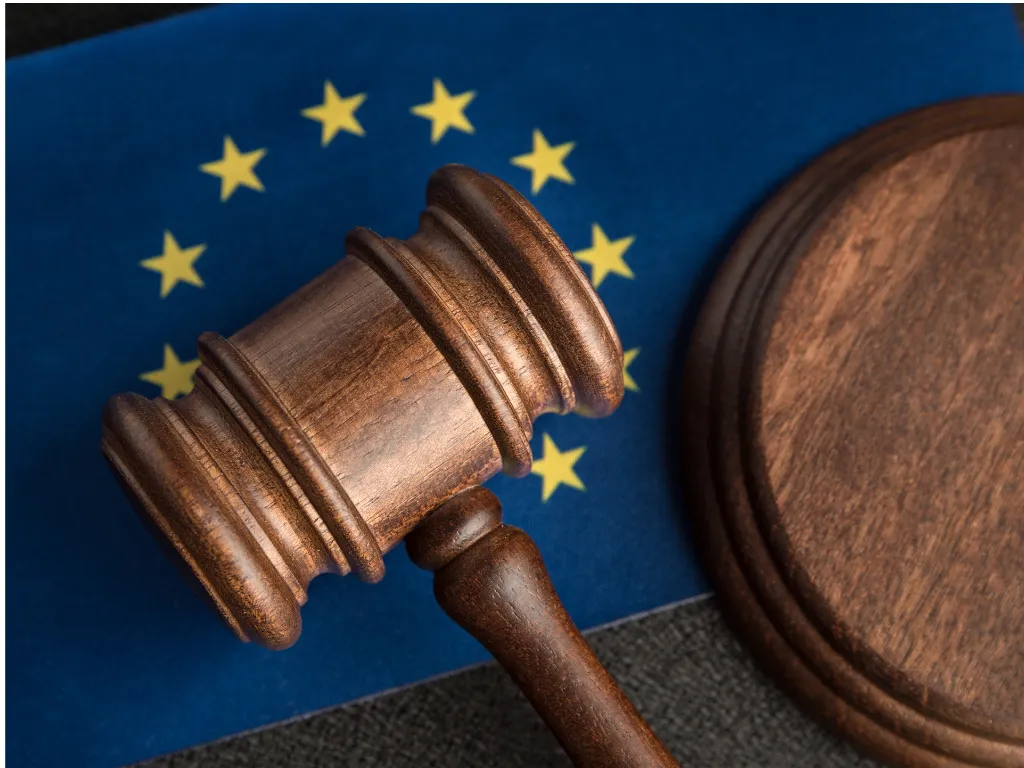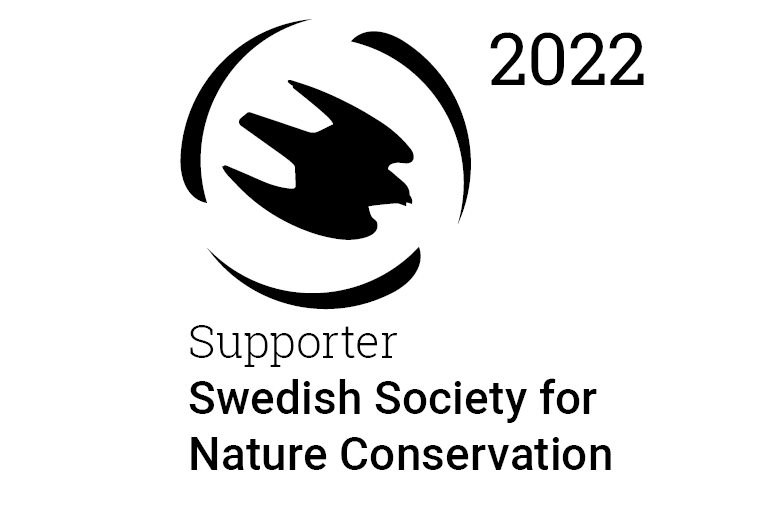- Home
- News Details
News Details

European Commission establishes limit value for unintentional presence of hexachlorobenzene under the POP Regulation
2022-09-16 Reference source : European Commission
On September 8, 2022, the European Commission adopted a delegated act under Regulation (EU) 2019/1021, on persistent organic pollutants (the POP Regulation), clarifying the acceptable limits for the unintentional presence of hexachlorobenzene.
Hexachlorobenzene is a Persistent Organic Pollutant banned under the 2001 Stockholm Convention on Persistent Organic Pollutants. In the European Union, the ban is implemented through Regulation (EU) 2019/1021, on persistent organic pollutants (the POP Regulation). The POP Regulation consolidated the older Regulation (EC) 850/2004 and its amendments into one single Regulation. It Annex I contains prohibited POPs, and includes – but is not limited to – POPs listed under the Stockholm Convention. Substances included in Annex I can not be placed in the market or used except under the conditions specified in the same Annex.
The prohibition of placing Annex I POPs in the market does not apply to POPs that can be found in substances, mixtures or articles as unintended trace contaminants. Typically, Annex I includes a specific limit value for what constitutes an acceptable unintended trace contaminant. However, some listed POPs do not have this specification, creating uncertainty over the acceptable amount of contamination.
Under the POP Regulation the European Commission is empowered to adopt delegated acts to align the system to the evolution of the Stockholm Convention and to account for scientific and technological progress. Now, it is adopting a Delegated Regulation amending the Annex I entry for hexachlorobenzene to establish a specific unintentional trace contaminant limit of 0.001% by weight (10 mg/kg).
Similar delegated regulations have been adopted to establish or modify trace contaminant limits for PFOA, its salts and related compounds, and pentachlorophenol and its salts and esters.
Under the POP Regulation, delegated acts become law 2 months after their adoption by the Commission unless the European Parliament or the Council of the EU explicitly oppose them. Said two-month period will be fulfilled on November 8, 2022.
We acknowledge that the above information has been compiled from European Commission.
Global Product Compliance (GPC) specializes in Global Regulatory Compliance Solutions across sectors
globally. SSS Europe, a familiar name in chemical regulatory and compliance services now formally belongs
under the umbrella of GPC Holding Sweden.
Since 2008, we have emerged as one of the leading names among Global Regulatory Compliance Service
Providers with Representation services in Europe, Asia and Middle East for respective chemical
regulations.


